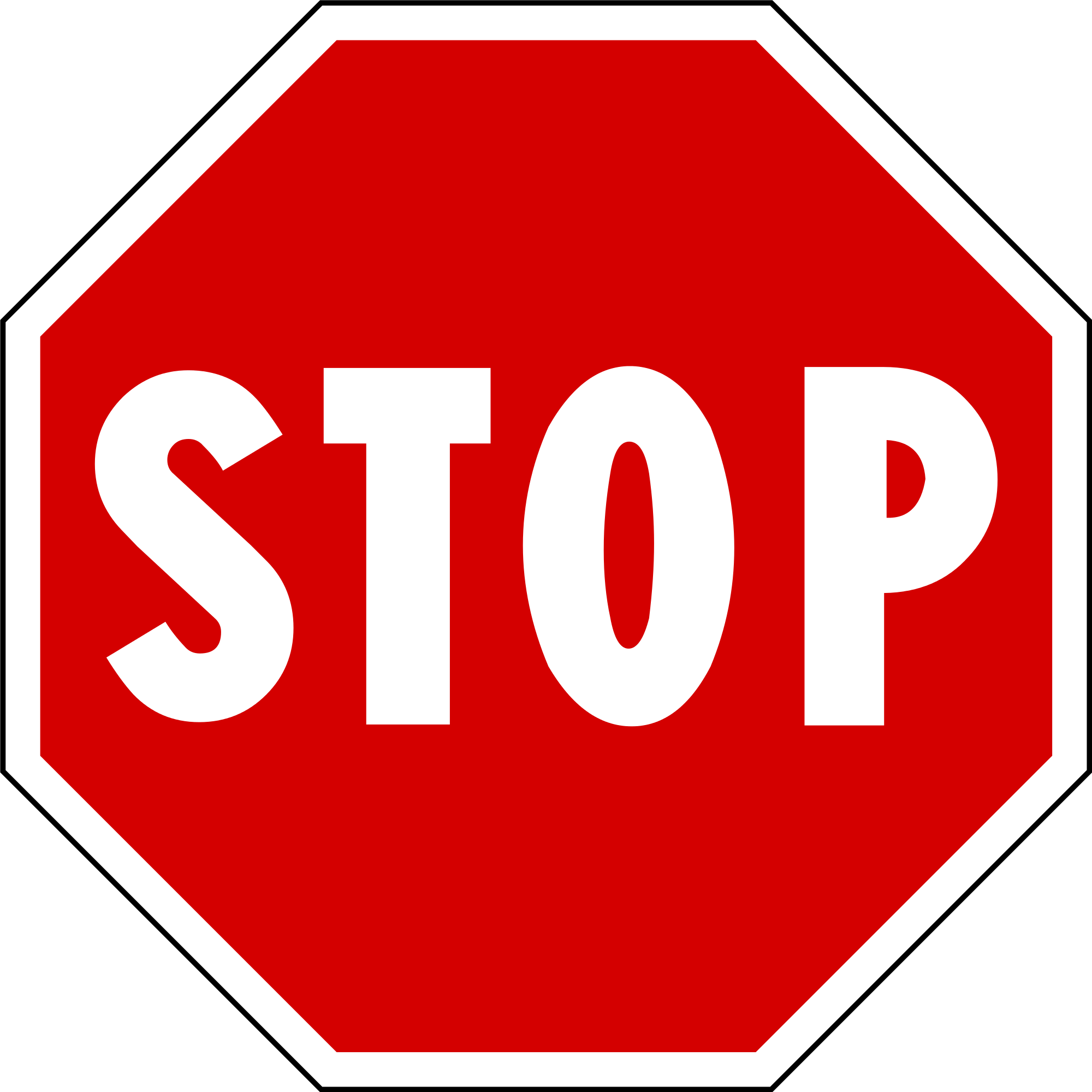February 2018 Blog – Availability of Medicines
Availability of Medicines and Supply Issues
Last month I wrote about “The Real Cost of Supplying Generics” and how pharmacy contractors are struggling to cope with stock shortages, funding cuts, cash flow and the constant battle to ensure that patients get the medicines they need.
The national press is also taking an interest in the problem and The Times published an article on 7 December with the headline, “Patients hit by shortages of drugs as prices soar.” They reported that at least 100 drugs have been affected by supply problems, forcing health officials to approve temporary price rises of up to 4,000% to boost stocks.
PSNC has also produced a briefing document, “Unprecedented drug shortages: Briefing for CCGs, GPs and other NHS prescribers” which has been shared with our CCGs and the LMC.
The situation is only likely to get worse and it can be difficult to know how to respond to patients’ questions. With this in mind Community Pharmacy Cheshire and Wirral have shared the document below with LPCs. I’ve made a few minor amendments and I hope you will find this helpful in your practice.
Medicines Supply Issues
There are currently difficulties sourcing medicines which is leading to problems. All pharmacies are faced with the same situation and are asked the same questions, so I thought it might be helpful to cover the top six key questions.
- Why is my medicine out of stock?
The recent weakness of the pound within global currency markets plus the closure of some drug production facilities by the Medicines and Healthcare products Regulatory Agency (MHRA) has meant supply of some medicines have been dramatically reduced. Consequently, there are acute shortages of around 100 different generic drugs. This has meant vast cost increases, which must be paid initially by Community Pharmacies, then via drug cost reimbursement mechanisms, and ultimately by the NHS.
- I can’t get my medicine from my usual pharmacy but another pharmacy has it – why is that?
There are two main reasons for this. Firstly, different pharmacies use different suppliers and it will depend on whether their wholesalers have stock or not. Secondly, some manufacturers restrict the amount of a specific medicine that a pharmacy can order. This is known as a quota. Once a pharmacy has used their quota for the month it can be really hard to get any more until the start of the next month.
- What is the difference between brands and generics?
A brand is the name the manufacturer or pharmaceutical company gives to the medicine (for example Nurofen™) and only that manufacturer can make, sell and market that brand. If your doctor prescribes by brand name the law says we have to supply that brand.
A generic name specifies the ingredient of the medicine (for example ibuprofen). Often generic medicines are made by a number of manufacturers. If your doctor prescribes using a generic name we can supply any manufacturer’s generic product that we have in stock or can obtain.
- Why are my new tablets a different size, shape and colour?
Because some medicines are in short supply your usual tablets may not be available. In this case, to make sure you don’t go without medication your pharmacist may supply you with the same medicine, but from a different manufacturer so your tablets may change their appearance (e.g. colour, taste, shape, etc.). The main variation is likely to be with the packaging, as this will reflect the manufacturer’s ‘house’ style.
The medicine has the same active ingredient, so it should work just as well for you, but if you have any queries or concerns don’t hesitate to talk to your pharmacist.
- What is my pharmacy doing to help?
Most pharmacies have several wholesaler accounts, but the sheer scale of
the medicines shortages means that lots of wholesalers don’t have stock available. Pharmacies are trying really hard to find stock for their patients. This includes seeing if stock may be available for you in other local pharmacies. This is a national problem and pharmacy representatives are working with the Government to help resolve these problems.
- What can I do to help?
- Order your medication in plenty of time (but not normally more than seven days before it is due).
- Only order what you require. If you have unused medicines in your cupboard use these first (remember to check the expiry date).
- Your pharmacist is trying really hard to source these items so please bear with them if they are having difficulty getting medicines for you.
None of the above will come as a surprise to you I’m sure, but it may help you counter some of the frustration that patients have when they can’t get their regular medication easily. Unfortunately, it will probably do little to help address your own frustration with not being able to get stock. It is hoped that health officials find a long-term solution to the issue rather than ‘quick fix’ concessionary pricing. This helps, but doesn’t tackle the fundamental issue of shortages affecting the UK market.
John Sargeant,
Chairman, Derbyshire LPC,
February 2018
Thank you to Community Pharmacy Cheshire and Wirral for allowing us to use this document in Derbyshire


